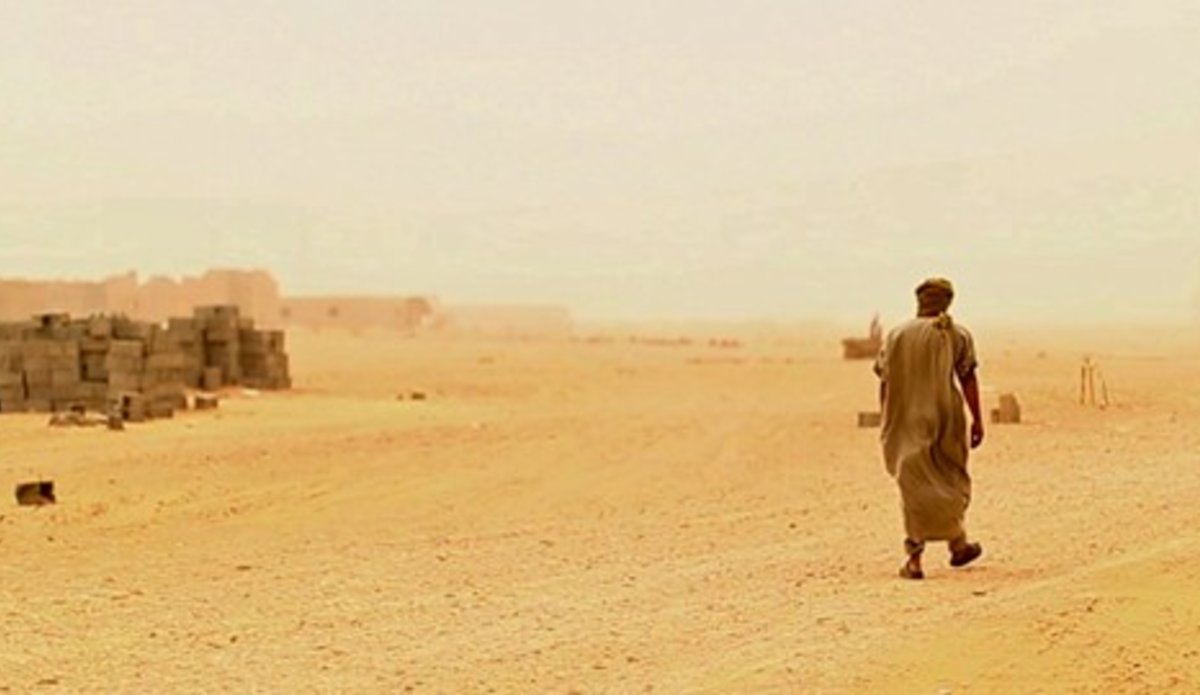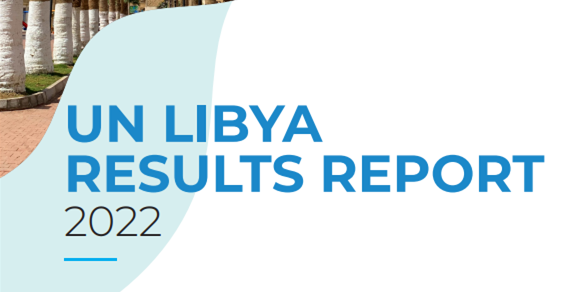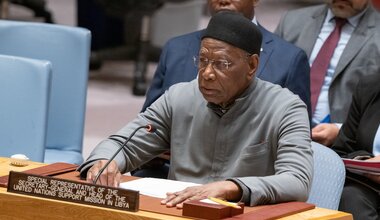Human Rights Report on Civilian Casualties - September 2016
Tunis, 1 October 2016 – From 1 September to 30 September 2016, the United Nations Support Mission in Libya (UNSMIL) documented 14 civilian casualties, including 7 deaths and 4 injured, during the conduct of hostilities across Libya. Victims included 1 child killed and 1 injured, 6 women killed and 1 injured and 3 men killed and 2 injured.
Civilian Casualties
All civilian deaths and injuries were caused by air strikes. No one claimed responsibility for the air strikes.
UNSMIL documented 7 deaths and 3 injured at a health spring water park in Ninah, near Sokna, including 6 women and 1 girl killed. In a different incident, 3 deaths and 1 injured were documented in Al-Jaghbub.
Civilian Facilities
On 19 September, members of an unidentified armed group stormed the intensive care unit of the Zawiya Teaching Hospital, reportedly wounding a patient from another armed group. The hospital management decided to close the hospital due to lack of security.
Other Casualties
On 21 September, there were reports of the capture of a fighter of the so-called ISIL in Sirte. Video footage circulating on social media appeared to show ill-treatment of the prisoner apparently still alive and there were allegations that the prisoner was then executed. This follows other allegations in August of executions of captured ISIL fighters.
Note
The figures for civilian casualties set out above only include persons killed or injured in the course of hostilities and who were not directly participating in the hostilities. The figures do not include those casualties that are not a direct result of hostilities, for example executions after capture, torture or abductions, or casualties caused as an indirect consequence of hostilities. The figures are based on information UNSMIL has gathered and cross-checked from a broad range of sources in Libya, including human rights defenders, civil society, current and former officials, employees of local governments, community leaders and members, witnesses, others directly affected and media reports. In order to assess the credibility of information obtained, where possible, UNSMIL reviewed documentary information, including medical records, forensic reports and photographic evidence.
The figures are only those that UNSMIL was able to document in the reporting period. They are not likely to be complete and may change as new information emerges about incidents involving civilian casualties that took place during this period.
Similarly, while UNSMIL has systematically tried to ensure that the cases it documented are based on credible information, further verification would be required to attain a higher standard of proof. Due to the security situation, UNSMIL has not been able to carry out direct site visits in Libya to obtain information. Disruption in communications especially in areas controlled by groups pledging allegiance to ISIL and fear of reprisals against sources further hamper information gathering.
While not all actions leading to civilian casualties breach international humanitarian law, UNSMIL reminds all parties to the conflict that they are under an obligation to target only military objectives. Direct attacks on civilians as well as indiscriminate attacks – which do not distinguish between civilians and fighters – are prohibited. Attacks that are expected to cause incidental loss of civilian life, injury to civilians and damage to civilian objects excessive to the anticipated concrete and direct military advantage are also prohibited. Such attacks amount to war crimes that can be prosecuted by the International Criminal Court.
In order to ensure greater protection of the civilian population and essential infrastructure, all parties engaged in fighting in Libya must cease the use of mortars and other indirect weapons and imprecise aerial bombardments in civilian-populated areas, and not place fighters or other military objectives in populated areas. All executions of captives must cease and all those captured including fighters must be treated humanely in all circumstances. Murdering or torturing captives is also a war crime, regardless of what the captive may be accused of.
 United Nations Peacekeeping
United Nations Peacekeeping UN
UN








